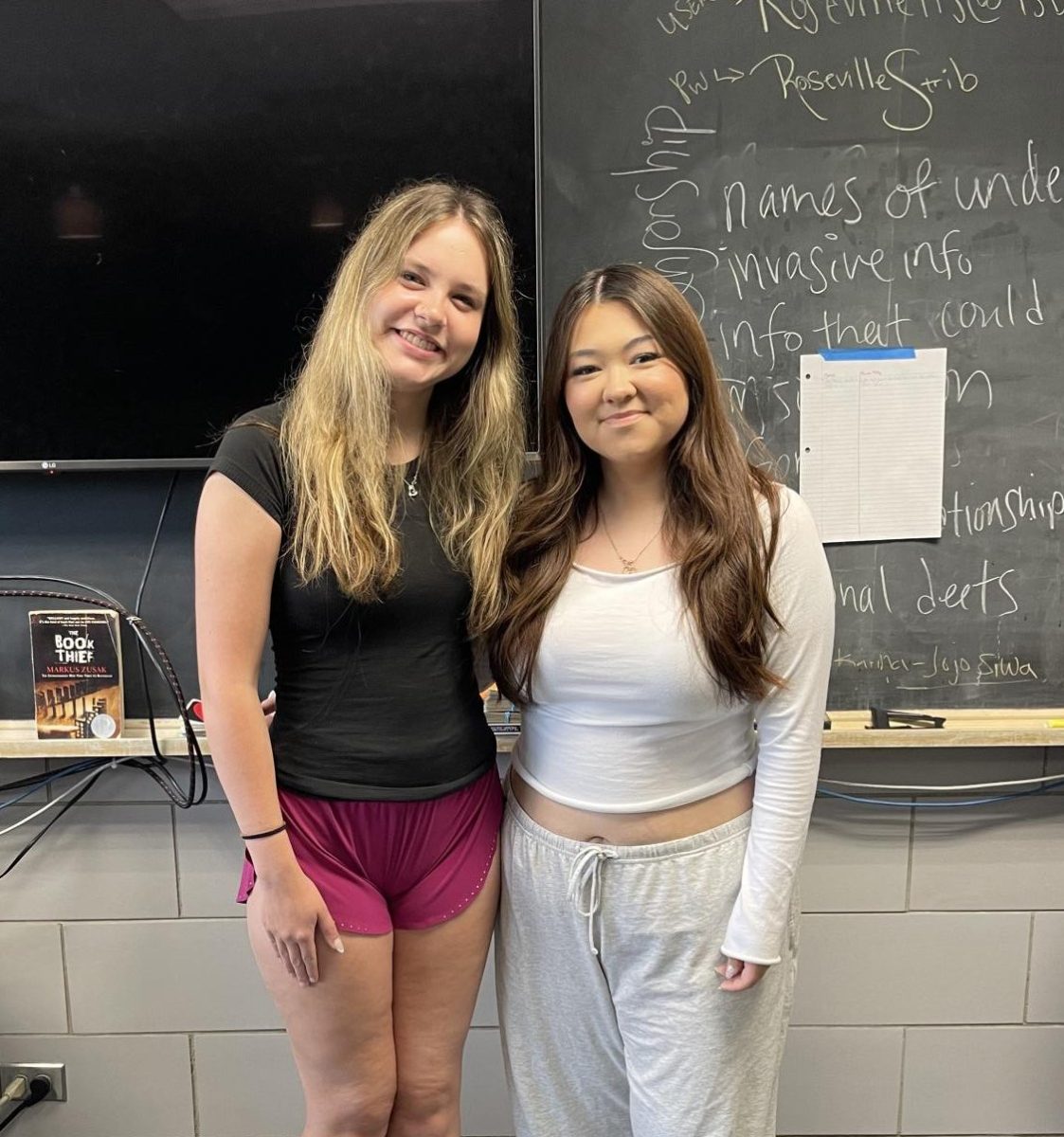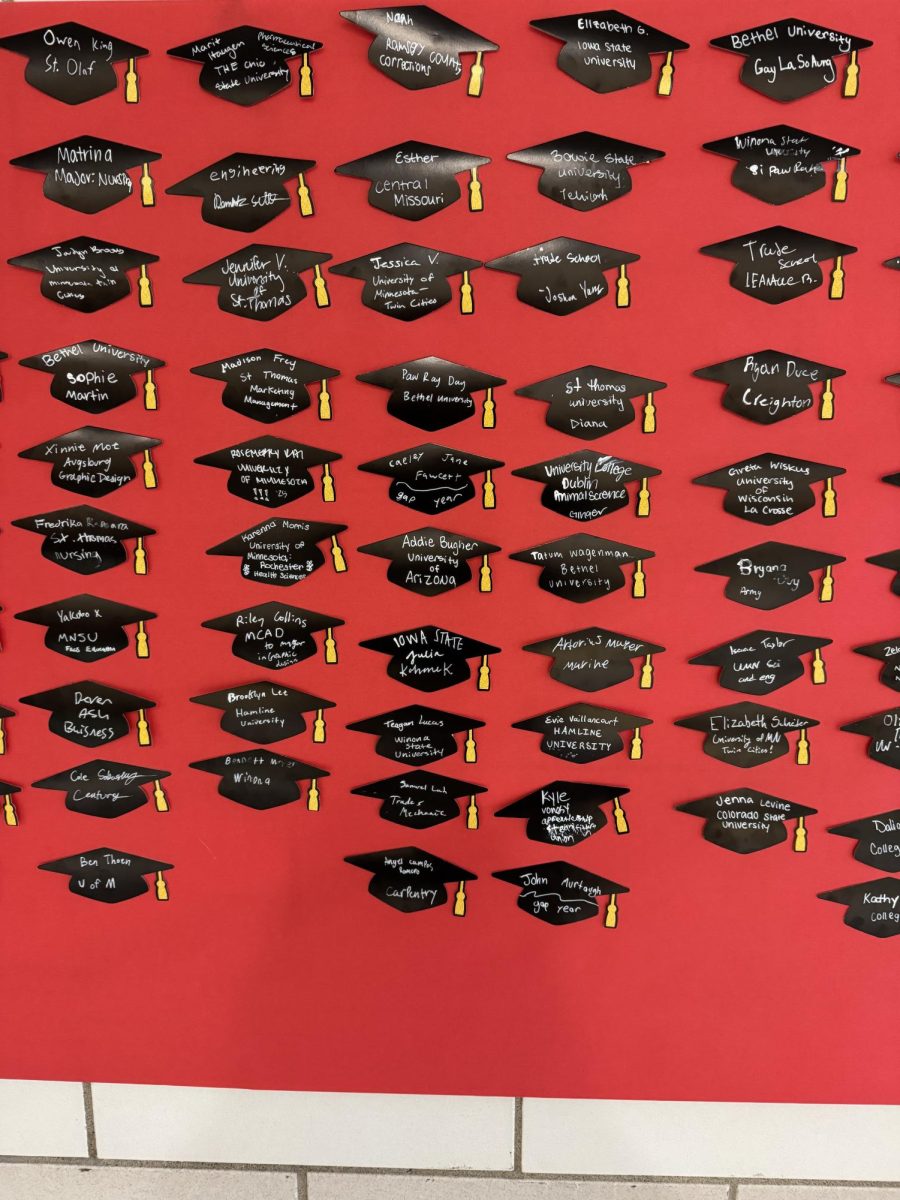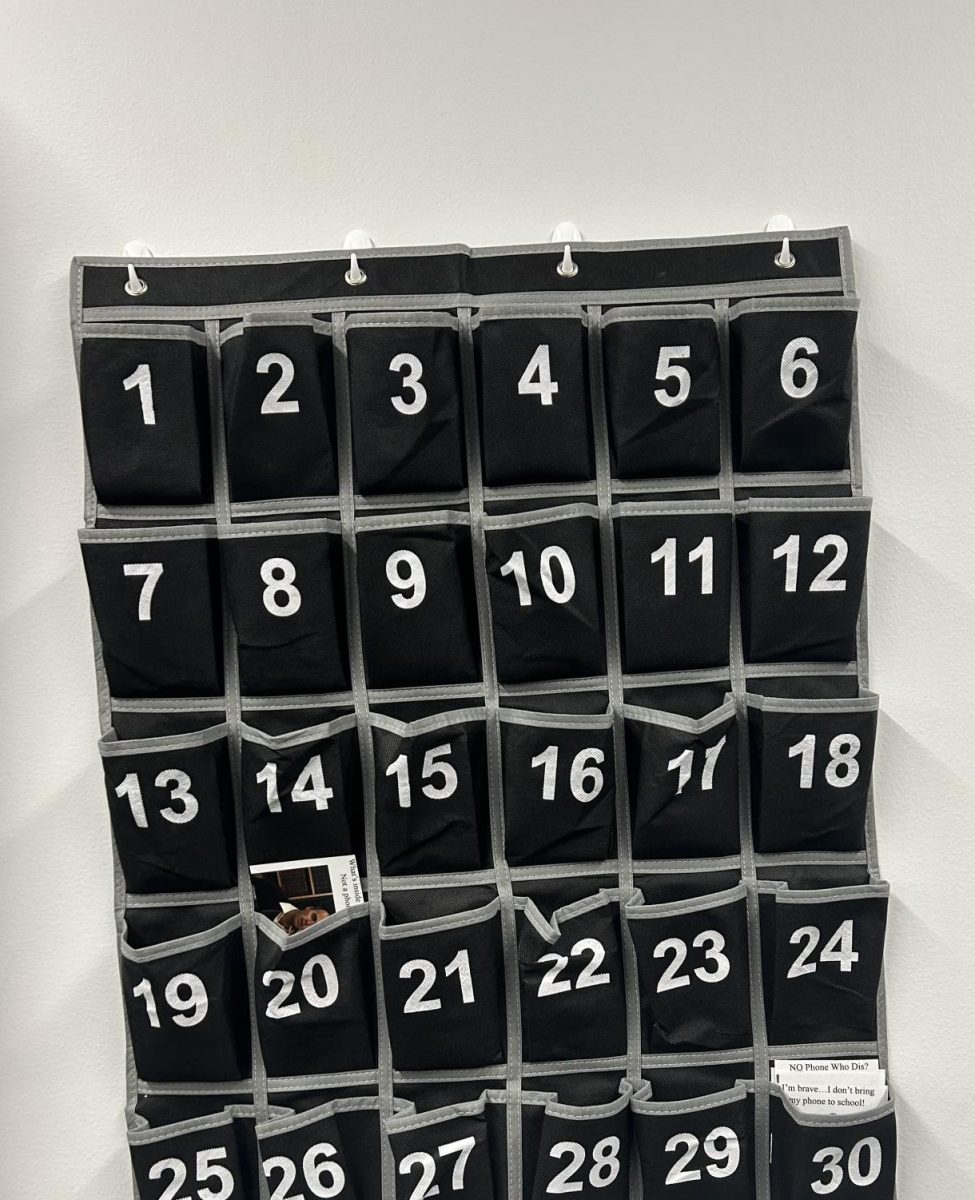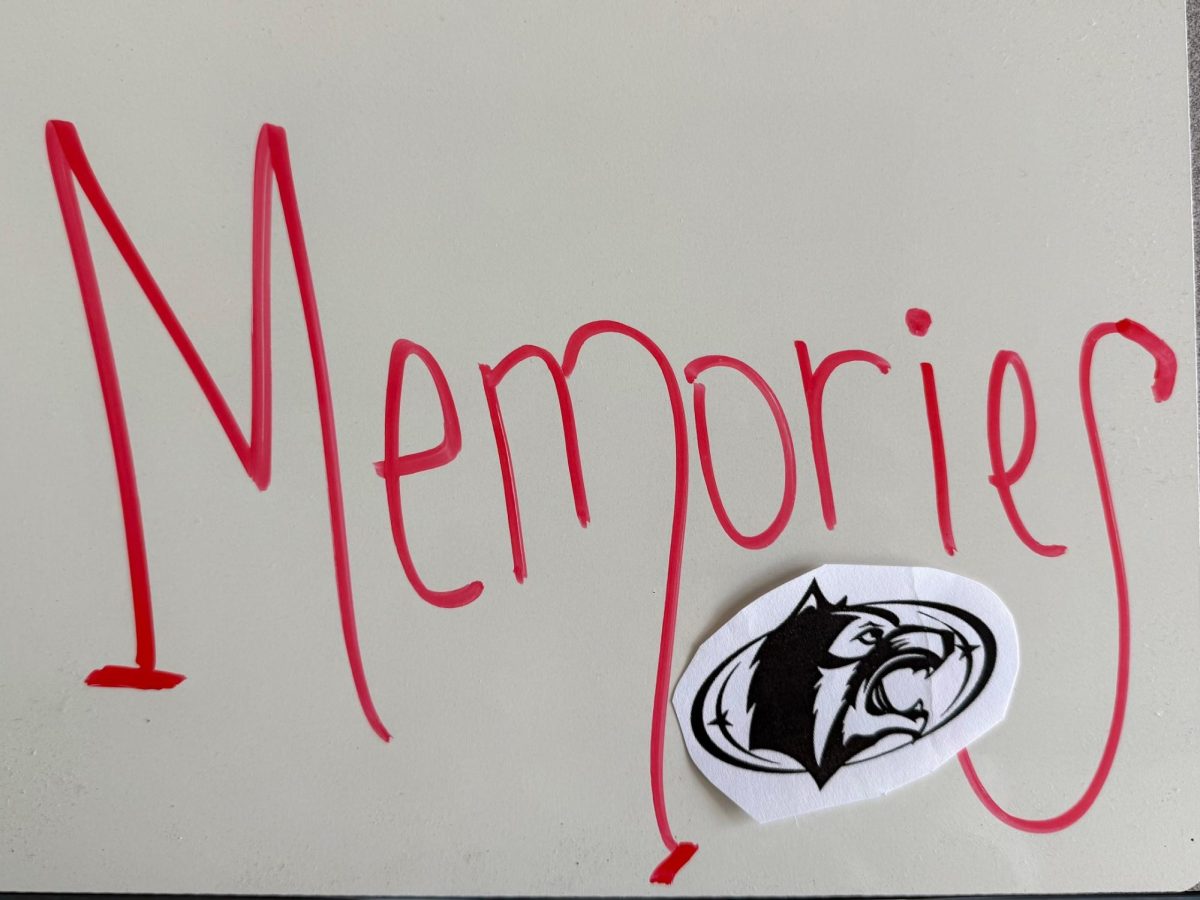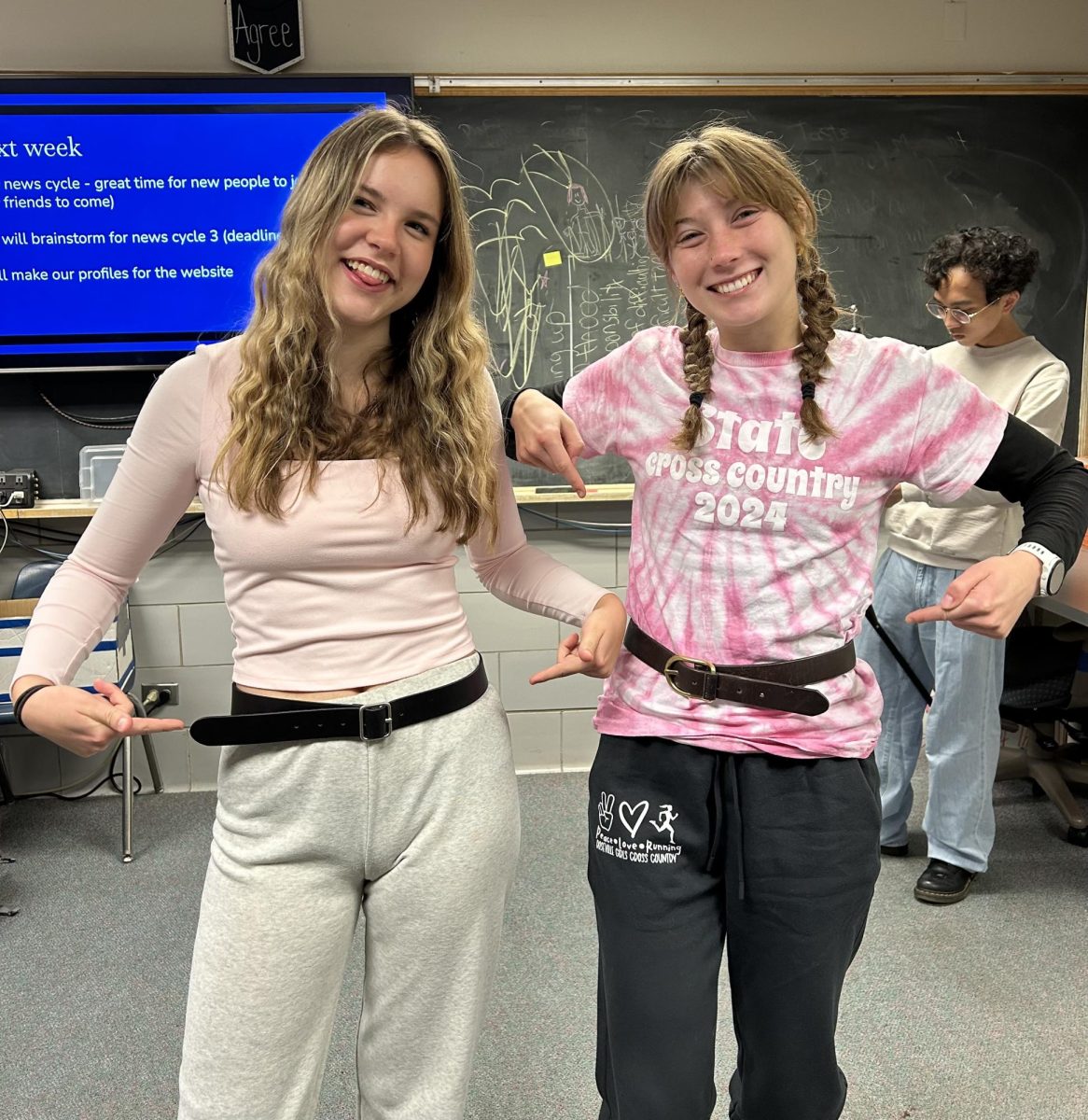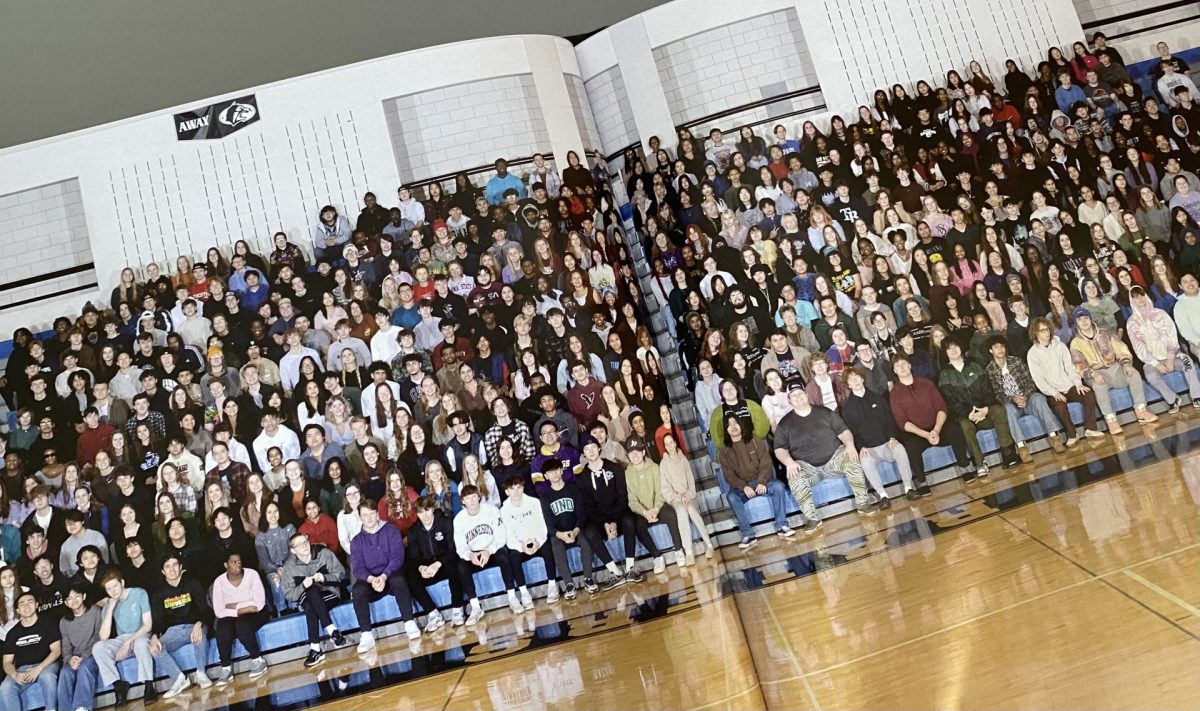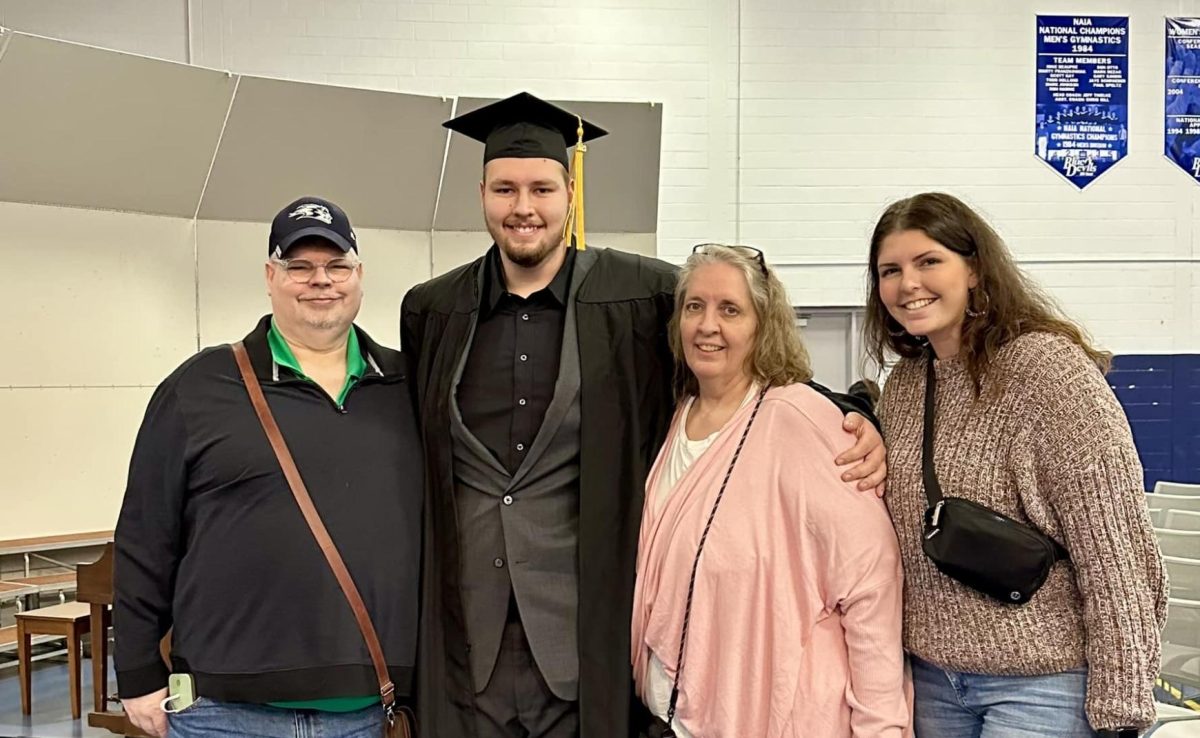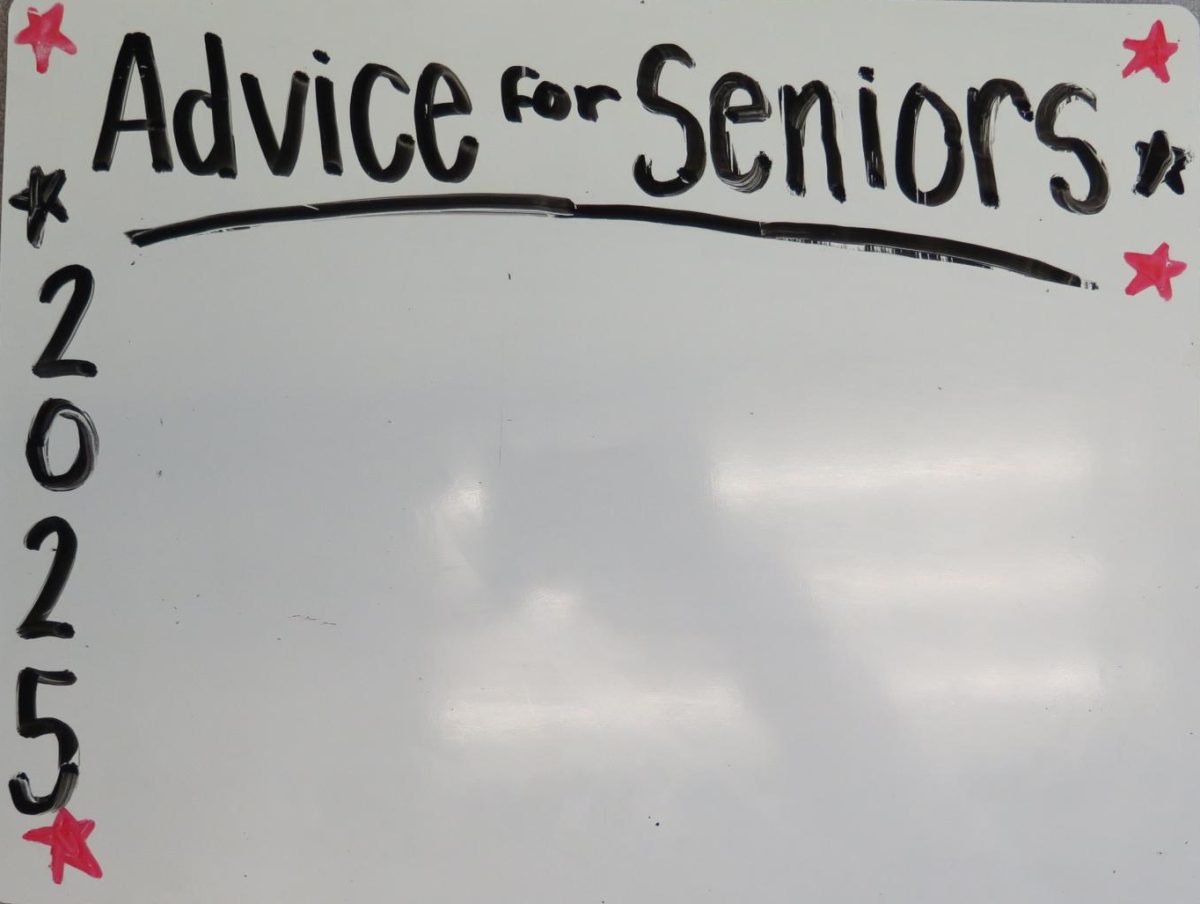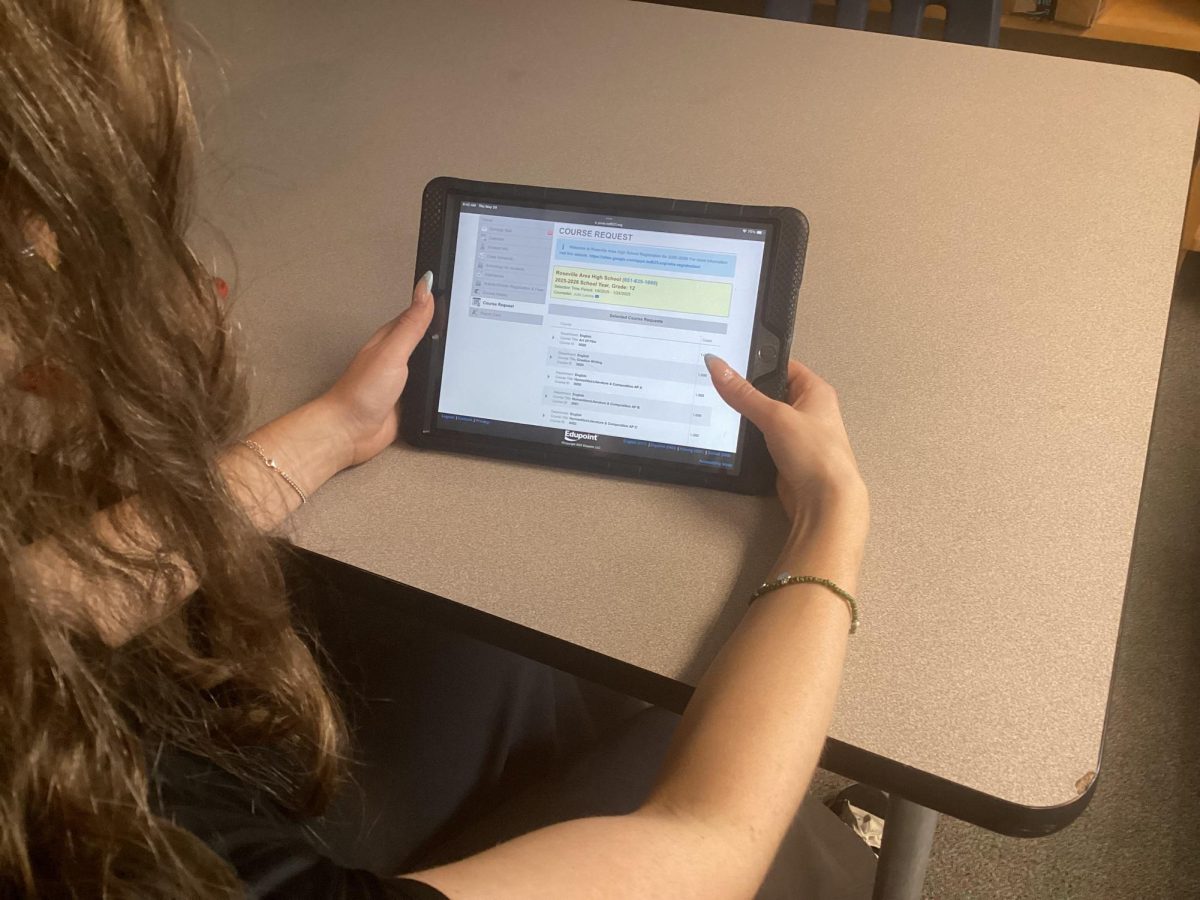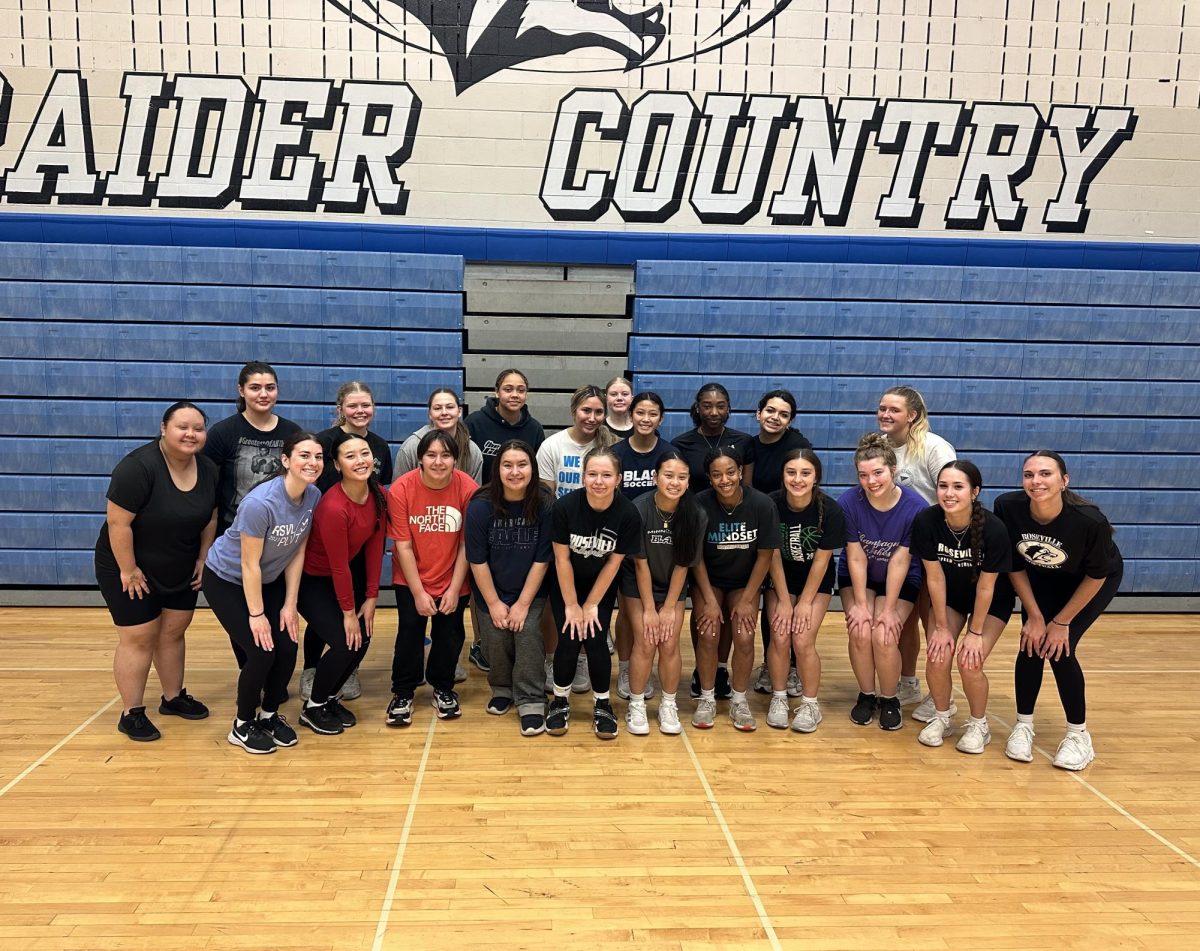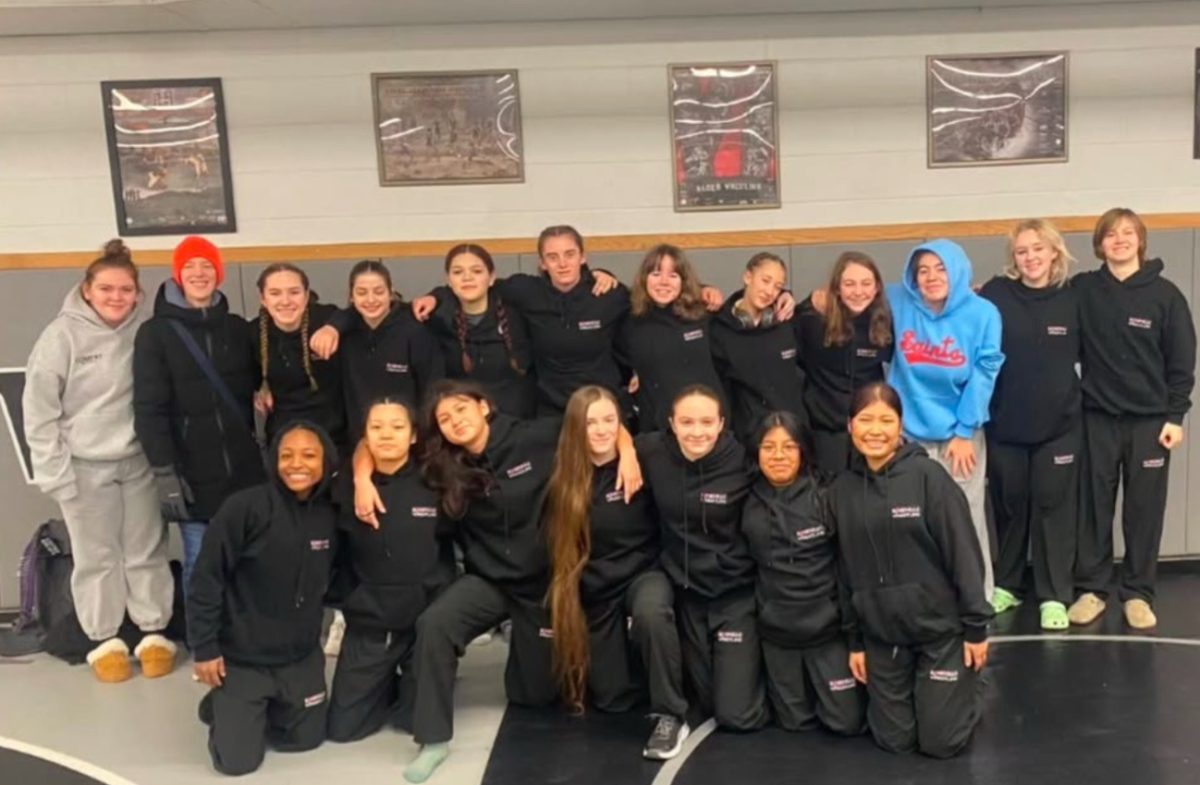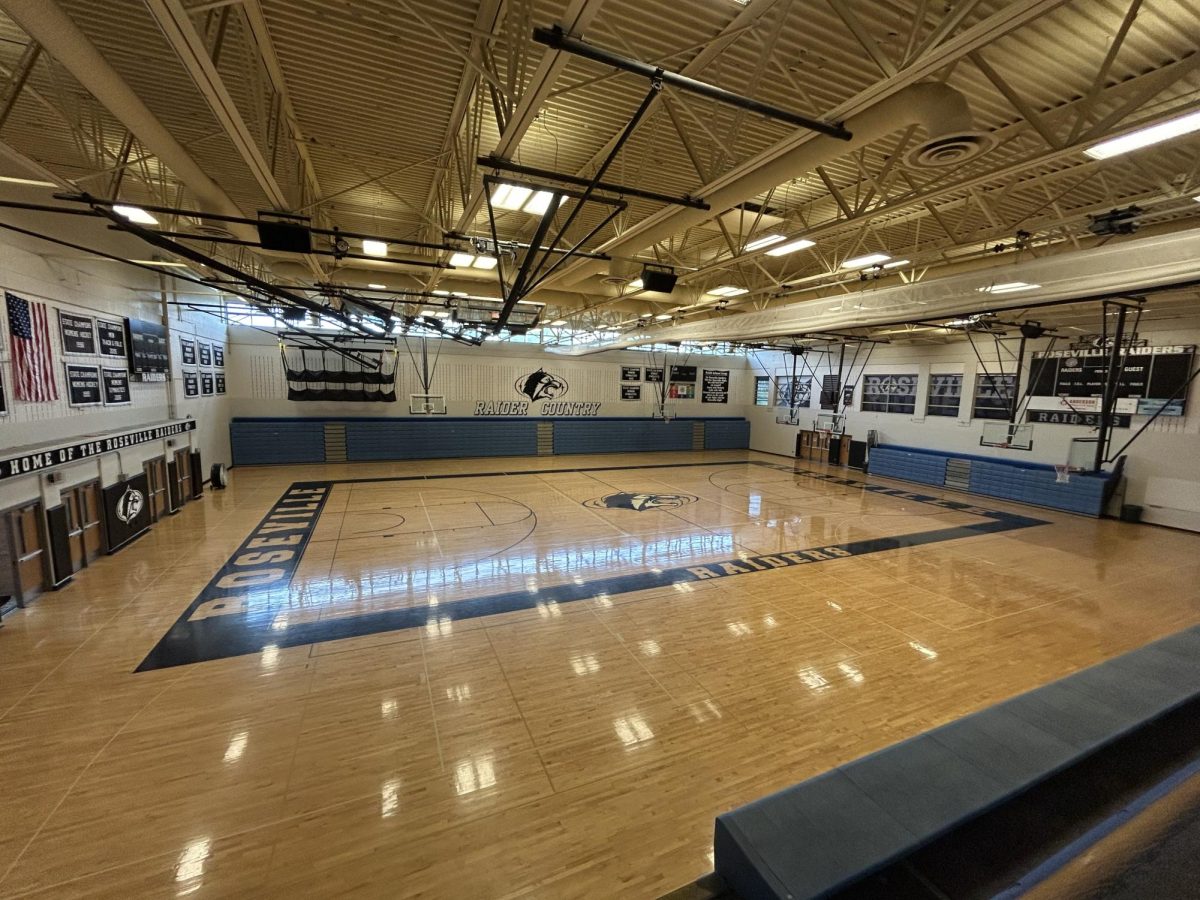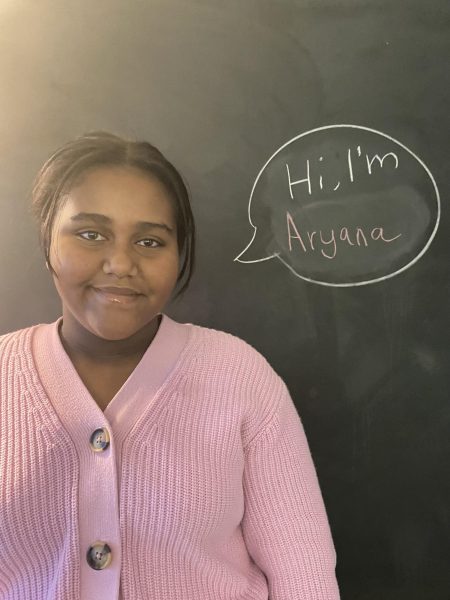The rate at which Black students graduate is 73% whereas 87% for their white peers in the United States according to the National Center for Education Statistics. Why is there such a big gap between these two race groups of students and how was the school system built to make this gap so significantly large?
Factors such as home life and environment play a huge role in this problem. But there seems to be another factor playing into this. The way that some teachers treat their Black students versus their white students.
A report by the Early Childhood Longitudinal Study and Sean Nicholson- Crotty who has a PhD at Indiana University has found that some teachers tend to not recognize their Black students for stellar academic awards. The study found that white teachers are unlikely to suggest their Black students for various gifted and talented programs by 54%. These students may not be suggested because of the low standards that the teachers may have for them.
Seth Gershenson Ph.D. at American College found that white middle school and high school teachers anticipate that one Black student will be 12% less likely to graduate from high school and 30% less likely to graduate college.
In an evaluation done by psychologist Kent Harber PhD at Rutgers University was found that white teachers located in the upper-middle-class northeastern school districts are less analytical about Black and Latino students’ essays. Research by PsycINFO states, “These results indicate that the positive feedback bias may contribute to the insufficient challenge that undermines minority students’ academic achievement.”
According to Urban Institute, Student’s environment also plays a big role in their academic efficiency. A lot of racist practices like segregation have impacted Black students and created inequalities in neighborhoods. Better education, health care, and safe neighborhoods are things that Black people have been denied through segregation. From this, other people of color have been discriminated against.
During segregation, Black people were assigned to specific neighborhoods that were declining in several ways. This has laid the base for systemic racism which affects all people of color even after the injunction from the Supreme Court saying that it was no longer lawful.(Urban Institute)
Systematic racism affects many aspects of life for a person of color. Linzie Franklin, a Freshman, said, “I think that everything in America, it all goes back to how we all got here, this country was built on the backs of brown-bodied people and evidently we are still being oppressed, so I think that directly affects students of color in all aspects of our life including school. Code-switching is a prime example of that because in doing that we suppress our culture and who we are.”
Students living in poverty are more likely to not do well on standardized tests because of factors like school quality. According to EdBuild, schools that majority of people of color go to are less funded by $23 billion.
Freshman Mỹ Linh said, “The education system for students of color or me as a Vietnamese American has the potential to offer many opportunities… However, the educational system does favor privileged people who have come from generational wealth or live in more wealthy districts… I chose Roseville because it was more diverse and with the student body being the majority of students of color I found that environment super refreshing… An education system that is predominantly white affects you more as opposed to being in an environment where there is more diversity in the district body.”
Discrimination shows up everywhere in our world, including the school system. Students are being negatively impacted and it is affecting their academic performance. How are we going to support students of color and be more aware of the implicit bias we may have?

